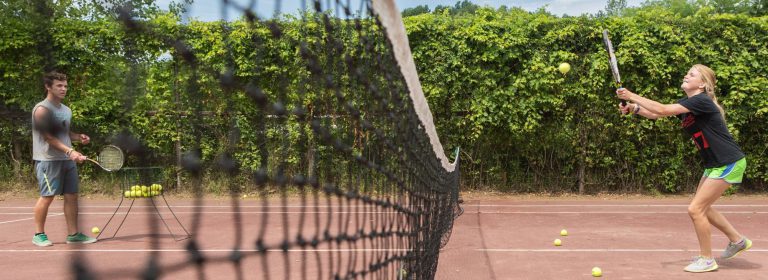Uncategorized
Challenging the Cult of Speed
Posted January 15th, 2016
Challenging the Cult of Speed
by Kathy Neilsen
It is hard to pinpoint when the era of excess in children’s activities began. Most baby boomers will tell you about afternoons spent in parks, woods, and sandlots with neighborhood children. Many offspring of baby boomers had a different experience, their time became more organized and supervised and no longer were they allowed to grow up at their own pace. The pressure to discover every talent and develop every skill – quickly – was on, along with the very real fear that the children with the longest activity resumes would “win.”
There has been a growing realization about the harm that this ethic was, and still is creating. We recently became aware of a book that frames the case for slowing and calming our children’s lives and our own. Did you know that there is a Society for the Deceleration of Time? It is one of many world-wide efforts to encourage mindfulness and to “Challenge the Cult of Speed,” which is the subtitle of Carl Honore’s book, In Praise of Slowness. The author chronicles what we, both individually and as a society, have lost in our race against time. Savoring moments has been replaced by constant – often technology driven – activity and short attention spans. As a result we and our children live in an age of stress and anxiety, marked by constant worries that no matter how much we do, how fast we go, it is never enough. (An age about which actress Carrie Fisher quipped, “Even instant gratification takes too long!”) But we need not revert to a pre-industrial age. In the end, “the slow movement is not about doing everything at a snail’s pace, or about a rebellion against technology, it is about balance, controlling the rhythms of your own life.”
We recently received an email from a camper who told us that one of the reasons she loves Brown Ledge is that she can be busy, spunky, and loud one day and thoughtful and quiet the next. We love that about Brown Ledge too. From our cabin, walking down the road, we pass girls exhibiting all gradations of action and relaxation. We see campers learning new dance steps in the studio, talking with friends on the swing, reading books on the vista, cantering around the ring and soaking up the horse world from a bench in the barn. Go to the archery range and you will find one girl shooting her sixth round in search of her elusive, perfect “54” while another girl who has offered to help the staff by marking down scores, is settled into a comfortable chair.
Slowing down and finding balance are lofty and not fully attainable goals. As Honore says, “there is no one-size-fits-all formula for slowing down, no universal guide to the right speed.” What we can do is recognize when we are distracting ourselves with unnecessary activity, and acknowledge the toll our distractions are taking on us. We can get better at becoming comfortable with our own thoughts and stopping long enough to savor the moment. Our children will thank us, not now but perhaps later, when they realize their parents were willing to forego the bragging rights that might have come with excessive activity in favor of a slower, more thoughtful and more connected family life.

